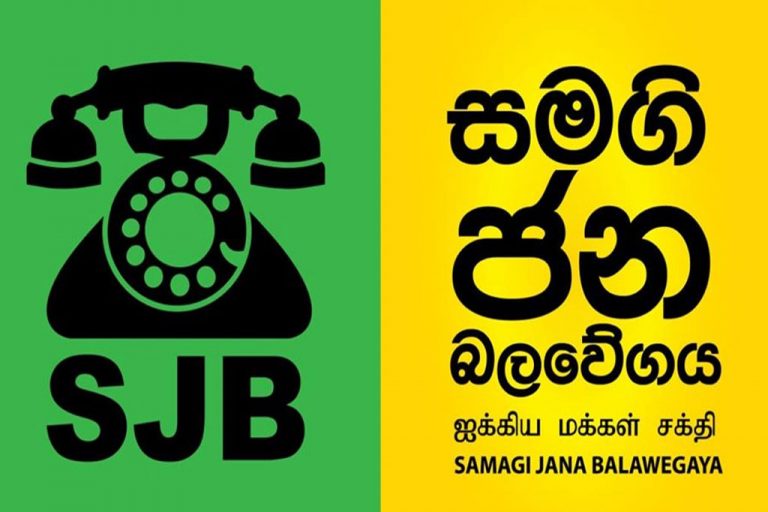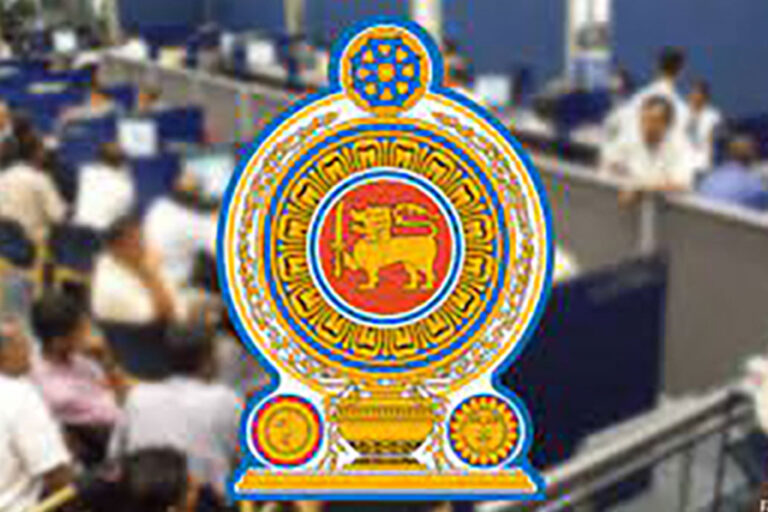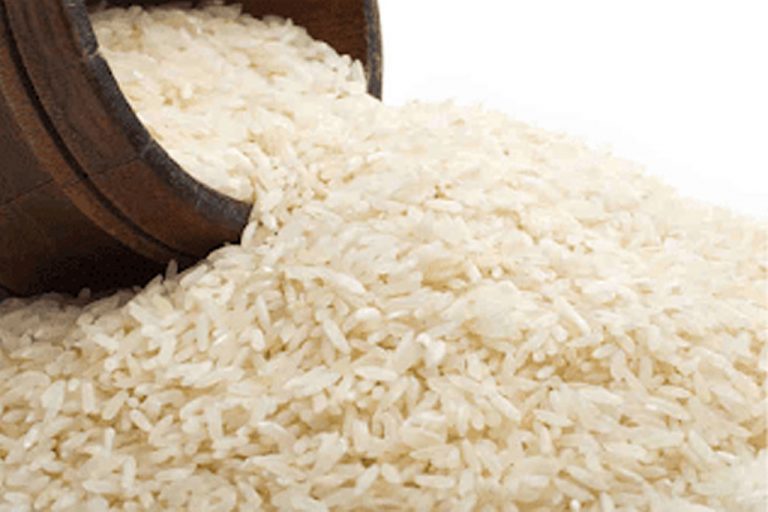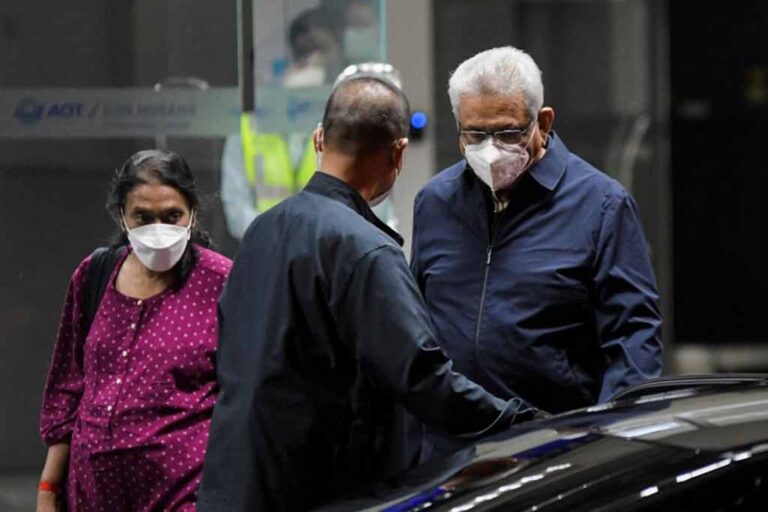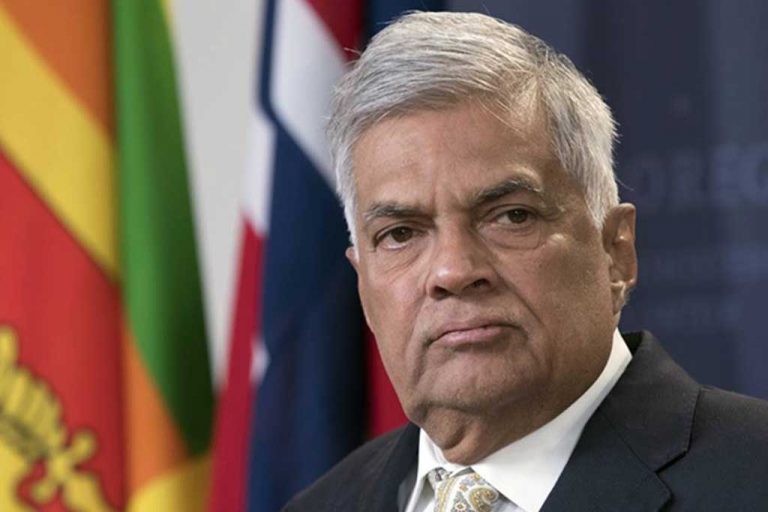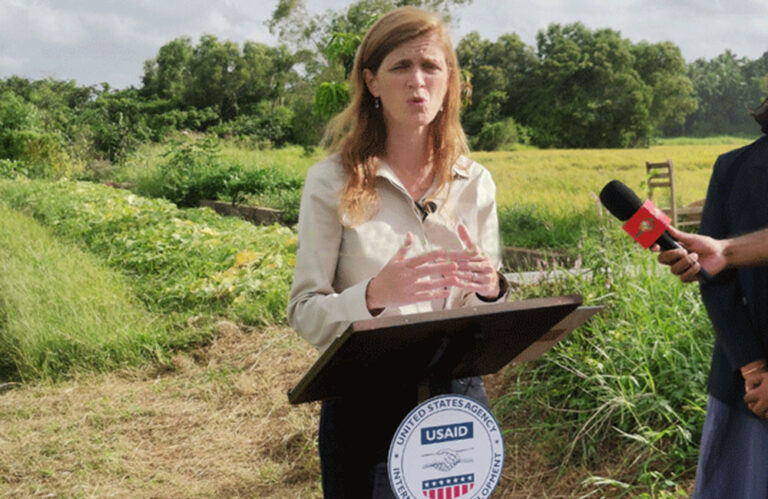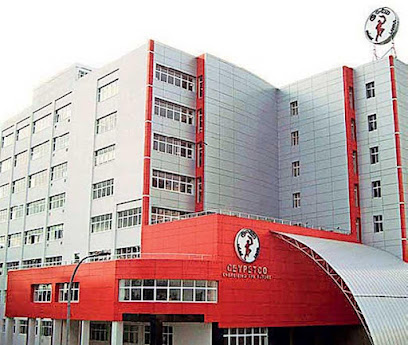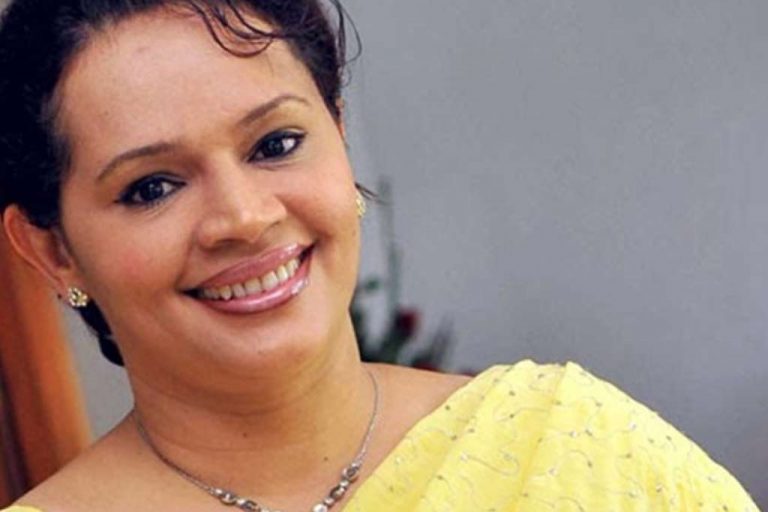If the newly appointed state ministers fail to serve their duties properly, they should be removed within a period of six months, said State Minister of Tourism Diana Gamage, responding to a query by radio channel.
The new State Minister said this condition should apply to her as well.
“There is a system in this country which has been practiced for a certain period of time. Just because State Minister are appointed, they cannot just sit at home, receive all the benefits and do nothing. Even I tell personally, that if I fail to serve my duty, if we fail to do something that is felt within six months, we should step back definitely. Otherwise, we should be removed. Because we take a responsibility in a country; a challenge. We should be prepared to face that challenge,” Gamage said.
She continued: “So, these ministries are given one by one to save this country through them. One who possesses a Cabinet Ministry cannot do everything. When a Cabinet Ministry is given, they can put forward a Cabinet paper. A Cabinet Minister has many heavy responsibilities. Accordingly, this should definitely be divided among the rest as responsibilities. That is why these duties are entrusted with; to continue this programme. Otherwise, even I personally say that I should be inspected. If I do not do my work, remove me and put someone who can.”
MIAP

